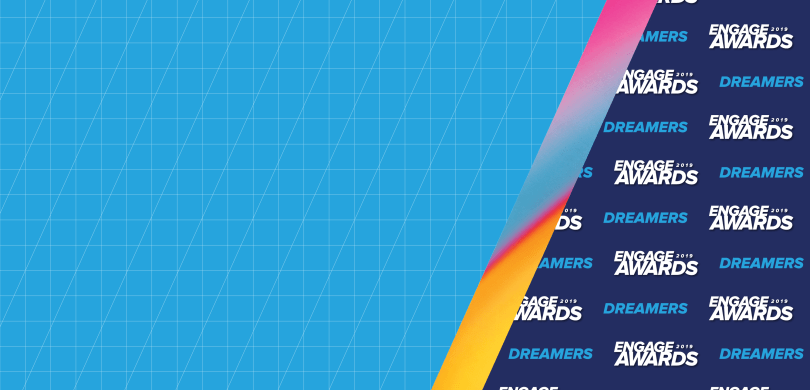The Client
Everyday, the University of Chicago’s Biological Sciences Division (BSD) works to deliver its mission of creating new knowledge of living systems, train the next generation of leaders in biology and medicine, and advance the forefront of health through innovative patient care.
The Situation
When the University of Chicago’s Biological Sciences Division (BSD) and Pritzker School of Medicine approached IfThen to redesign and modernize its websites, the University was grappling with an all too common challenge faced by many large colleges and universities. Over the years, their web presence had expanded organically, with new sites being added for a growing number of departments, research labs, centers of study, and a variety of other internal groups with no common structure, visual layout, or underlying technical foundation. Without a common approach to design, functionality, or enabling technologies, this loosely connected “sea of sites” not only lacked aesthetic consistency, but also became inefficient and costly to manage.
The Challenge
From Academic Affairs to the Pritzker School of Medicine, the University of Chicago supports a broad range of departmental sites, which serve various audiences including prospective and current medical students, graduate students, residents, fellows, and faculty as well as university donors, patients, staff, media, and the local community.
The diverse needs of each of these audiences required a design that would allow each to easily find the information most relevant to their specific area of interest. The interdisciplinary nature of these institutions called for a site structure that would allow for easy and logical navigation from one site to another. Finally, internal website management teams’ inability to dynamically publish and share content caused the sites to appear unattended and out of date.
The Solution
In order to ensure the needs, desires, and diverse perspectives were properly accounted for, IfThen worked closely with BSD leadership to conduct a series of stakeholder interviews with more than 50 representatives of BSD departments and the Pritzker School of Medicine. Some of the key findings from this initial discovery work included:
- A need for a consistent brand architecture that reflects the institution’s reputation and stature
- Faculty research is a critical asset that needed more explicit exposure
- The sites need to look dynamic, alive, and convey the forward-thinking, groundbreaking nature of the work that takes place in the BSD
- Diversity and inclusion are core BSD cultural values that must come across in the design and content
- BSD departments, Pritzker, the hospital, and the broader university community must be logically connected through clear site navigation and structure.
The next phase of the design process involved the development of user personas that would help align the team around real-life consumers of the redesigned Drupal sites. IfThen applies this methodology as a means to empathize with motivations and needs of end users in order to better understand the context in which a site is being used and align features with common user behaviors. For this project, the primary personas were prospective and current medical students, graduate students, faculty, and residents. Secondary personas included patients, staff, the media, university donors, and the local community. Throughout the design process IfThen continuously referenced these user persona profiles to ensure their needs were being contemplated in the design.
Finally, the Acquia Cloud Platform provided key technology and services. By leveraging Acquia’s robust hosting environment, the University of Chicago was able to focus on the task of developing features instead of configuring and building servers. Out-of-the-box multisite support was deployed to seamlessly manage a large number of sites. Finally, Acquia’s web-based UI provided a clear line of sight into current environment details, across all environments and instances, including statistics, status and overall site health.
The Results
Since this project was initiated, the University of Chicago and IfThen have launched 16 sites, the most notable of which are the main Biological Sciences Divisional site, the Pritzker School of Medicine site, 13 department sites, and one center site (The Center for Global Healthcare). In addition to the site designs, a Central Data Repository (CDR) was created for all faculty and events which allows each BSD department to pull faculty profile and research data as well as BSD event data into their respective website from a single source. The single codebase for all 26 BSD sites enables aesthetic as well as structural harmony between the sites. When one design or structural element is updated, all sites benefit and remain consistent.
Looking forward, the creation of new BSD sites has been greatly simplified as a result of this project. What used to be a complex and time-consuming effort to build and launch a new site that is visually consistent with the existing family of sites and leverages common structural and technological elements has become a simple matter of end user training in the tools.

